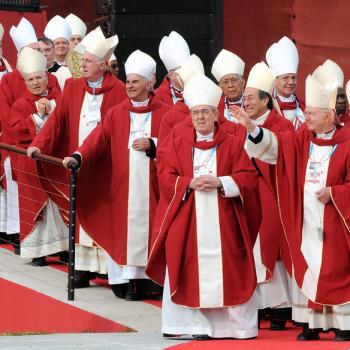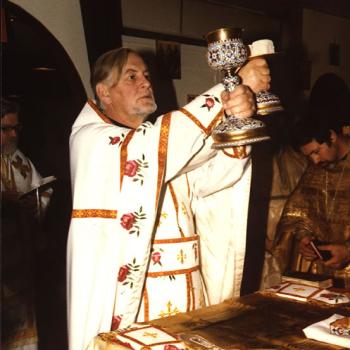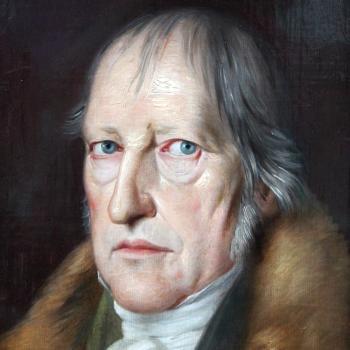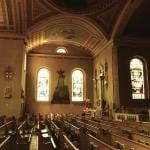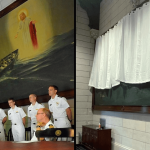Dale M. Coulter discusses H. Richard Niebuhr’s The Kingdom of God in America and the issue he raised of “constructive Protestantism.” For Niebuhr, the essence of Protestantism is the unmediated relationship between the individual and God’s Word. The issue then becomes how Protestantism can create or even support institutions. Read the discussion. What do you make of this?
From Dale M. Coulter, The Problem of Constructive Protestantism | First Thoughts | First Things:
For Niebuhr, Protestantism was always a revitalizing movement grounded in the kingdom of God as “the apprehension of God’s primacy, immediacy, and nearness.” It presupposed the divine initiative in the life of every person without the need for mediation. Justification was the Word’s direct address to the soul in which, as Luther put it, “the Word infused its qualities.” Hence the freedom of a Christian was grounded upon the free initiative of God. On this basis, Protestants could question all institutional forms of mediation as falling short of the living Word of God who called such institutions to account, whether they were ecclesiastical or political. They could stand on scripture alone as the Word’s final address to fallen human beings.
Having announced the freedom of the Christian in the immediacy of the kingdom of God, Protestantism emancipated persons from all forms of institutional authority. It went further, however, and placed prophetic criticism in their hands by declaring them all priests who received directly from the living Word. While Niebuhr differentiated this prophetic mode of Protestantism from medieval mysticism, it was in fact the mystics’ conception of an unmediated union with God taken as a doctrinal presupposition. This is the importance of the connection between the early Luther and the Rhineland mystics like Johann Tauler, or between Luther, Calvin, and Bernard of Clairvaux. It could also be viewed in the Radical Reformers insistence on the new birth as a powerful baptism in the Spirit.
The Protestant principle, as Niebuhr conceived it, “was not self-organizing but threatened anarchy in every sphere of life.” Having proclaimed the sole authority of the Word of God to rule the Church and the world, the immediate question was, “how so?”—a question Protestants have been debating ever since. This was another way of declaring the problem of a constructive principle within Protestantism. Niebuhr saw facing this problem as returning to the early Christian attempt to formulate a way to live in a world both under the sovereign rule of God and corrupted and in rebellion against God.
[Keep reading. . . ]







